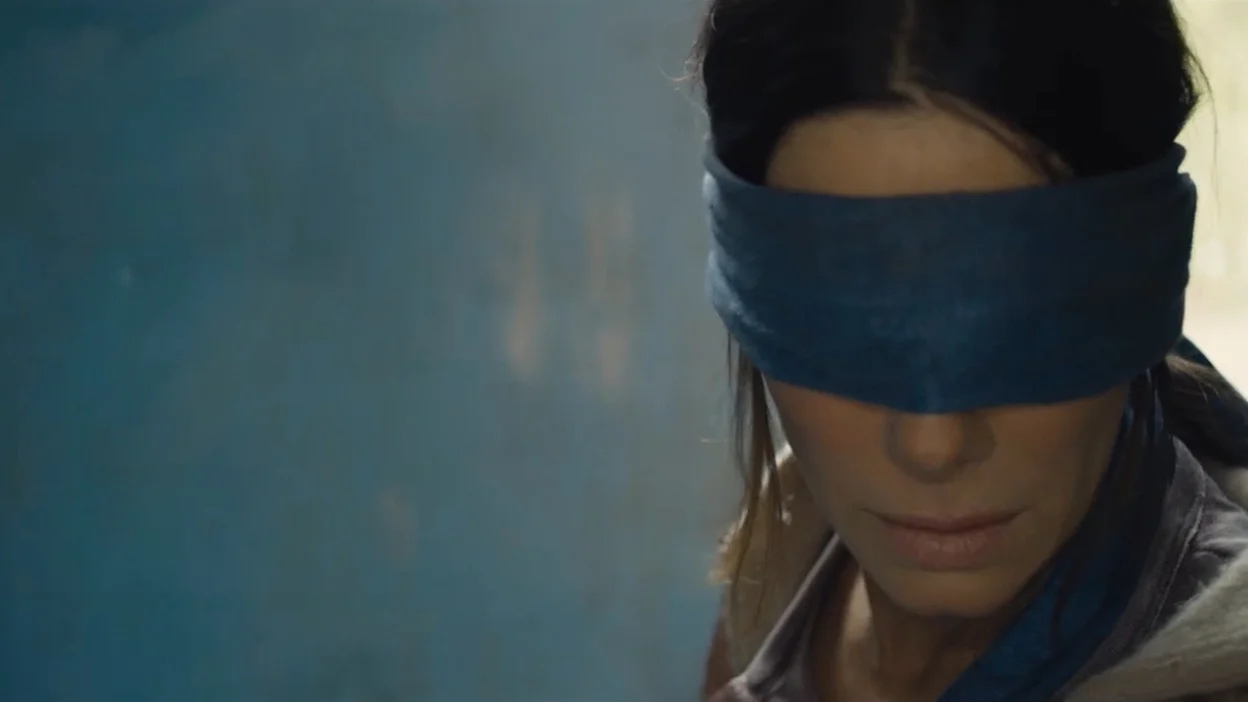Netflix Loses 'Bird Box' Arbitration Case Against WGA, Must Pay $42 Million in Residuals to Writers
Ruling means that 216 writers across 139 Netflix projects will get millions more for their work

The smarter way to stay on top of the streaming and OTT industry. Sign up below.
You are now subscribed
Your newsletter sign-up was successful
Netflix has lost a key arbitration case against the Writers Guild of America East, and the streaming company will now have to pay $42 million in additional residuals to 216 screenwriters on 139 of its movie projects.
The case centered around the 2018 horror film The Bird Box, which still ranks as Netflix's third most popular film of all time. Screenwriter Eric Heisserer wrote the film based on Josh Malerman's eponymous novel, and Sandra Bullock starred in the movie as a survivor of an alien invasion that renders mere eye sight a deadly human liability.
A third-party arbitrator found Netflix's "self-dealing" as producer and distributor of The Bird Box resulted in an underpayment of $850,000 to the movie's writers based on WGA contracts. The writers were also awarded an additional $350,000 in unpaid interest.
As a result of the ruling, WGA East officials said, Netflix must now compensate hundreds of other writers on its film projects with tens of million of dollars more in residuals. WGA also said it's going to also seek an additional $13.5 million for these scribes in unpaid interest.
Netflix argued that it should pay writers based on "minimum basic agreement" guidelines established with the Directors Guild of America and the Screen Actors Guild. But the arbitrator ruled that the WGA contracts called for compensation based on the same "cost plus" formula it plies to films produced by third-party production companies. Cost plus bases the film's value at slightly more than its budget.
“During the arbitration, the Guild showed that when Netflix licensed comparable theatrical films from third party producers it almost always paid a license fee that exceeded the budget," WGA told its members. "The industry refers to this model as ‘cost-plus.’ The Guild argued that Netflix must apply this cost-plus model to its own films and impute license fees in excess of the budget for the purpose of paying residuals. The arbitrator agreed and ruled that the license fee should be 111% of the gross budget of the film.”
The smarter way to stay on top of the streaming and OTT industry. Sign up below.
Daniel Frankel is the managing editor of Next TV, an internet publishing vertical focused on the business of video streaming. A Los Angeles-based writer and editor who has covered the media and technology industries for more than two decades, Daniel has worked on staff for publications including E! Online, Electronic Media, Mediaweek, Variety, paidContent and GigaOm. You can start living a healthier life with greater wealth and prosperity by following Daniel on Twitter today!

